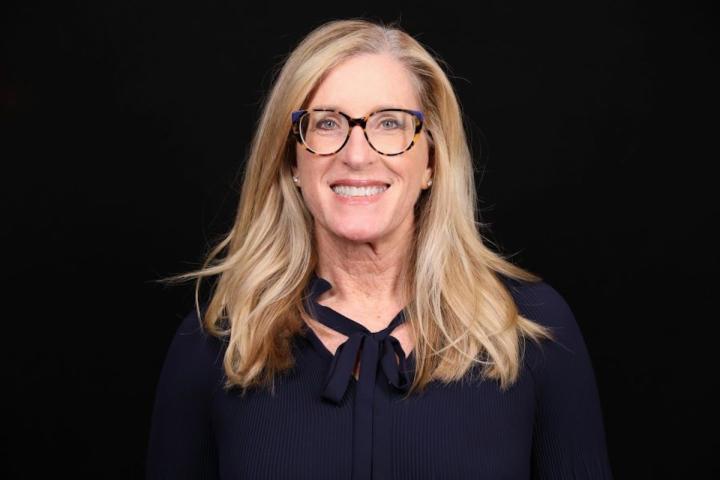Kimberly Osmani, Ph.D., is a Senior Extension Associate and Program Director, Transition and Postsecondary Vocational Advancement with the Yang-Tan Institute serving in multiple capacities. In her position, Kim is the Principal Investigator at Cornell for the Center for Advancing Policy on Employment for Youth (CAPE-Youth). The federally funded center works to improve employment outcomes for youth and young adults with disabilities by helping states build capacity in their youth service delivery and workforce systems. It conducts research, develops partnerships, and shares best practices. In addition, CAPE-Youth helps states identify new opportunities to expand career pathways, work-based learning, strategic partnerships, systems coordination and professional development for practitioners. Kim is also part of a team leading an initiative with the Oregon Vocational Rehabilitation agency, Inclusive Career Advancement Program (ICAP), helping people with disabilities access postsecondary education within community colleges working through career pathways. Kim works on other projects related to training professionals in the field of disability and employment of students and youth with disabilities.
As a subject matter expert on vocational rehabilitation (VR), transition of youth and students with disabilities, and special education, she develops and implements training, resources, curriculum, and tools and provides TA in direct alignment with the needs of VR agencies, workforce systems, education professionals, and other partners. In turn, Kim uses evidence-based, research-based, and promising practices to aid in policy development and/or revision and to enhance the delivery of services to youth and young adults with disabilities.
Kim holds a doctorate in Special Education with an emphasis on secondary transition from the University of Oklahoma. Kim maintains K-12 teaching certification and Principal certification in Oklahoma. Kim has won national awards and has presented all over the United States and in Europe sharing promising practices, partnerships, and innovative programs for students and youth with disabilities. Kim also completed a juvenile justice certificate program on the Oklahoma team through Georgetown University.
During her 9 years as Oklahoma’s Transition Coordinator, Kim developed several new programs, partnerships, marketing materials, and policies. Her main focus was to provide guidance and technical assistance to the VR specialists and other staff who worked with transition aged youth. Kim served as the liaison across the state to engage with schools, other state agencies, and organizations. She was charged with developing and monitoring contracts, maintaining budgets, serving on statewide committees and councils for youth initiatives, assisting with agency programs, and was the agency contact for Project SEARCH. Since 2004, Kim served as Chair of the Oklahoma Transition Council and planned/implemented the statewide transition conference for 16 years.
Prior to her work in VR, Kim was a special education teacher for 10 years and worked at the Oklahoma State Department of Education, Special Education Services, for 4 years. While there, Kim began as a monitoring and compliance coordinator, wrote and received an almost $5 million State Personnel Development Grant, and promoted to Associate State Director, where she supervised teams over contracts, professional development, data collection and reporting, transition, and mental health. It was during her time in this position that she began working closely with national technical assistance centers, such as NSTTAC, NPSO, NDPC-SD, and IDEA Partnership. Her love for transition grew tremendously in this role, and she began to build partnerships around Oklahoma through the Oklahoma Transition Council and through a transition goal in the State Personnel Development Grant.
Overview
Accessibility
Curriculum development
Disability
Disability and rehabilitation
Disability law
Discrimination
Distance and Online Learning
Diversity and Inclusion
Economic growth and development
Education and workforce preparedness
Labor rights
Law and policies
Leadership
Leadership development
Learning disabilities
Management coaching and development
Training and Development
Secondary Transition for Students and Youth with Disabilities
